how to find a reliable manufacturer
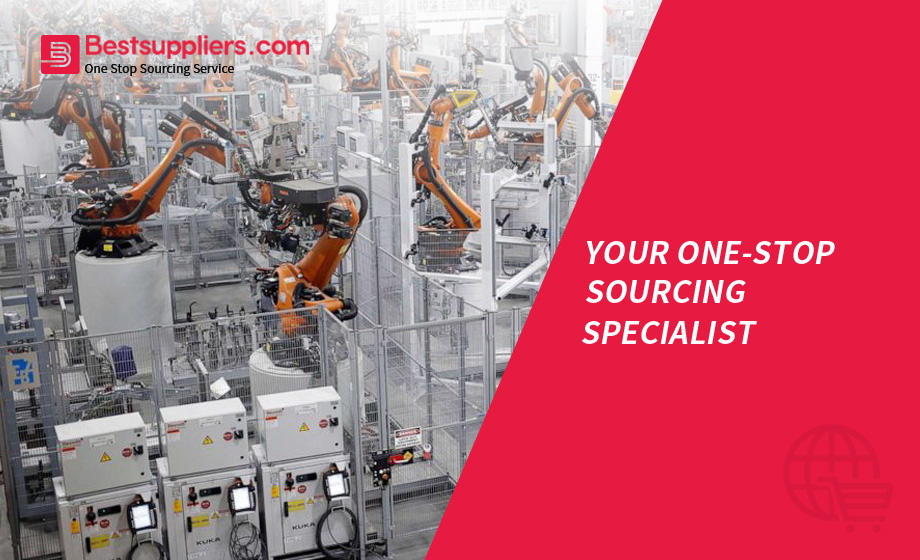
Introduction
In the world of business, finding a dependable manufacturer is like discovering the bedrock of your business's foundation. Bringing a product to the market involves a complex interplay of creativity, logistics, and execution. The manufacturer, at the core of this process, can either elevate your business to great heights or disrupt its harmony. This article explores the intricacies of choosing a manufacturing partner that aligns with your product goals and drives your business toward success.
The Significance of a Reliable Manufacturer
The manufacturer you select profoundly shapes the path of your business. The relationship that develops has far-reaching effects on product quality, production efficiency, and customer satisfaction. A trustworthy manufacturer embodies reliability, ensuring that your ideas become tangible realities. Their expertise resonates throughout your business, leaving a lasting impact on your brand's identity.
The Manufacturer's Impact on Your Business's Success
The manufacturer holds considerable sway over your business's prosperity. Their skill can refine production processes, cut costs, and speed up time-to-market. A proficient manufacturer seamlessly integrates into your value chain, becoming an extension of your enterprise rather than an isolated entity. This synergy can significantly influence your market competitiveness, enabling agile responses to industry trends and consumer needs.
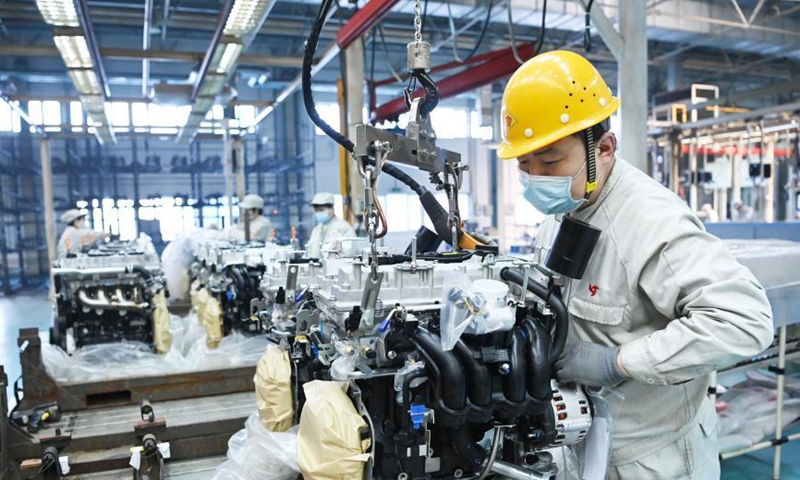
Understanding Your Product and Manufacturing Needs
Before embarking on the journey of selecting a manufacturer, it's crucial to have a clear understanding of your product's details. This foundational step ensures that both you and your chosen manufacturer are on the same page when it comes to producing a product that aligns with your vision and quality standards.
Defining Your Product Requirements
Examine your product thoroughly, considering every detail. Specify dimensions, materials, tolerances, and functionality. Having comprehensive product requirements acts as a guide, ensuring that you and the manufacturer share a common goal of achieving excellence.
Precisely defining your product's specifications is like providing a blueprint for its creation. From its size and shape to the materials to be used, clear specifications leave no room for ambiguity. This helps prevent misunderstandings, misinterpretations, and deviations from your intended design.
Establishing these specifications sets the stage for effective communication with potential manufacturers, streamlining the process, and providing a more accurate estimate of costs, timelines, and feasibility.
Identifying Manufacturing Volume and Scale Needs
The scale at which you plan to produce your product determines your choice of manufacturer. Whether it's crafting small batches of specialized items or manufacturing large quantities for mass markets, aligning with a manufacturer capable of meeting your volume requirements is crucial.
Manufacturers often specialize in specific production volumes. Some excel in producing limited quantities of highly specialized products, while others are geared toward cost-effective high-volume production. Clearly defining your desired production scale from the beginning helps you narrow down your options and ensures that your chosen manufacturer has the capacity to meet your needs.
Cost considerations also play a role. High-volume production may offer cost savings due to economies of scale, while low-volume production may cater to niche markets or customization. Balancing scale with costs is a vital aspect of the manufacturing decision.
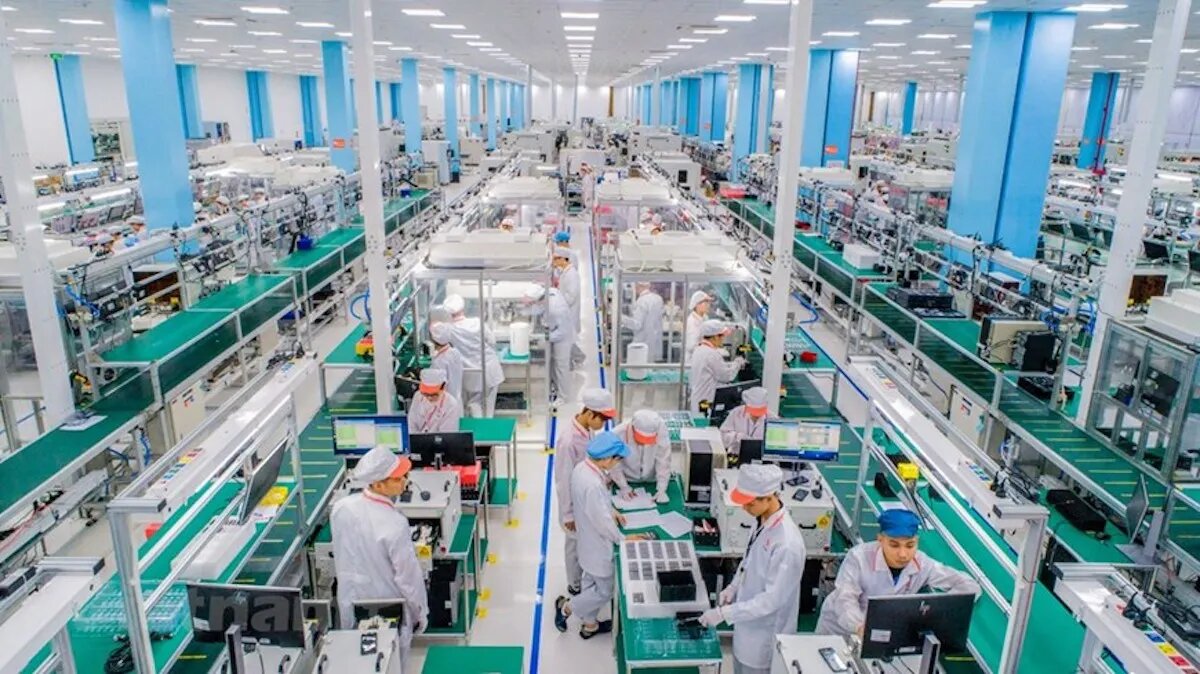
Researching Potential Manufacturers
The modern age provides numerous tools and platforms for discovering potential manufacturers.
Online Directories and Platforms
Online directories offer a wide range of potential partners. Platforms like Thomasnet and Kompass provide detailed profiles, giving you insights into capabilities, certifications, and facilities.
Using these platforms allows you to efficiently gather information about manufacturers' specialties, production capacities, and locations. You can filter based on your criteria and create a shortlist of manufacturers that match your needs.
Utilizing B2B Marketplaces
B2B marketplaces connect you with manufacturers globally. Platforms like Alibaba, Bestsuppliers, and Global Sources make it easy to vet manufacturers and build international collaborations.
B2B marketplaces have changed how manufacturers and businesses interact. They provide a platform for discovering potential manufacturers, comparing offerings, requesting quotes, and reviewing ratings and feedback from other businesses.
Exploring Manufacturing Directories
Industry-specific manufacturing directories cater to niche requirements. Explore directories related to your field – whether it's electronics, textiles, or aerospace – to find manufacturers with specialized expertise.
If your product belongs to a specific industry, these directories can be especially valuable. They help you identify manufacturers with a proven track record in your area, ensuring they understand the unique challenges and requirements of your product.
Industry Trade Shows and Exhibitions
Trade shows and exhibitions are bustling events where manufacturers showcase their capabilities. These events offer a hands-on experience, allowing you to assess products and have informative conversations.
Attending trade shows and exhibitions can give you a practical understanding of potential manufacturers' capabilities and quality standards. You can see their products, talk to representatives, and gain deeper insights into their manufacturing processes. This firsthand experience can be crucial for making informed decisions.
Networking and Gathering Information
Networking is a powerful tool. Industry events, forums, and online communities enable you to learn from peers and experts, refining your perspective on potential manufacturers.
Connecting with others in your industry can provide valuable insights, recommendations, and even cautionary tales about manufacturers they've worked with. This firsthand feedback can help you make more informed choices and avoid potential issues.
Assessing Manufacturer Credibility in Person
While digital interactions provide information, visiting a manufacturer's facility offers deeper insights that screens can't provide.
A physical visit allows you to evaluate their production environment, quality control measures, and overall operations. It offers a better understanding of their capabilities, work ethic, and commitment to delivering quality products. You can observe the manufacturing process, ask detailed questions, and address concerns directly with the manufacturer's team.
In conclusion, understanding your product and manufacturing needs is the foundation of a successful manufacturing partnership. By clearly defining your product requirements, considering your production scale, researching potential manufacturers through various channels, and even visiting their facilities, you empower yourself to make well-informed decisions. This process ensures that your vision is shared and realized by a manufacturer that aligns with your goals and values.
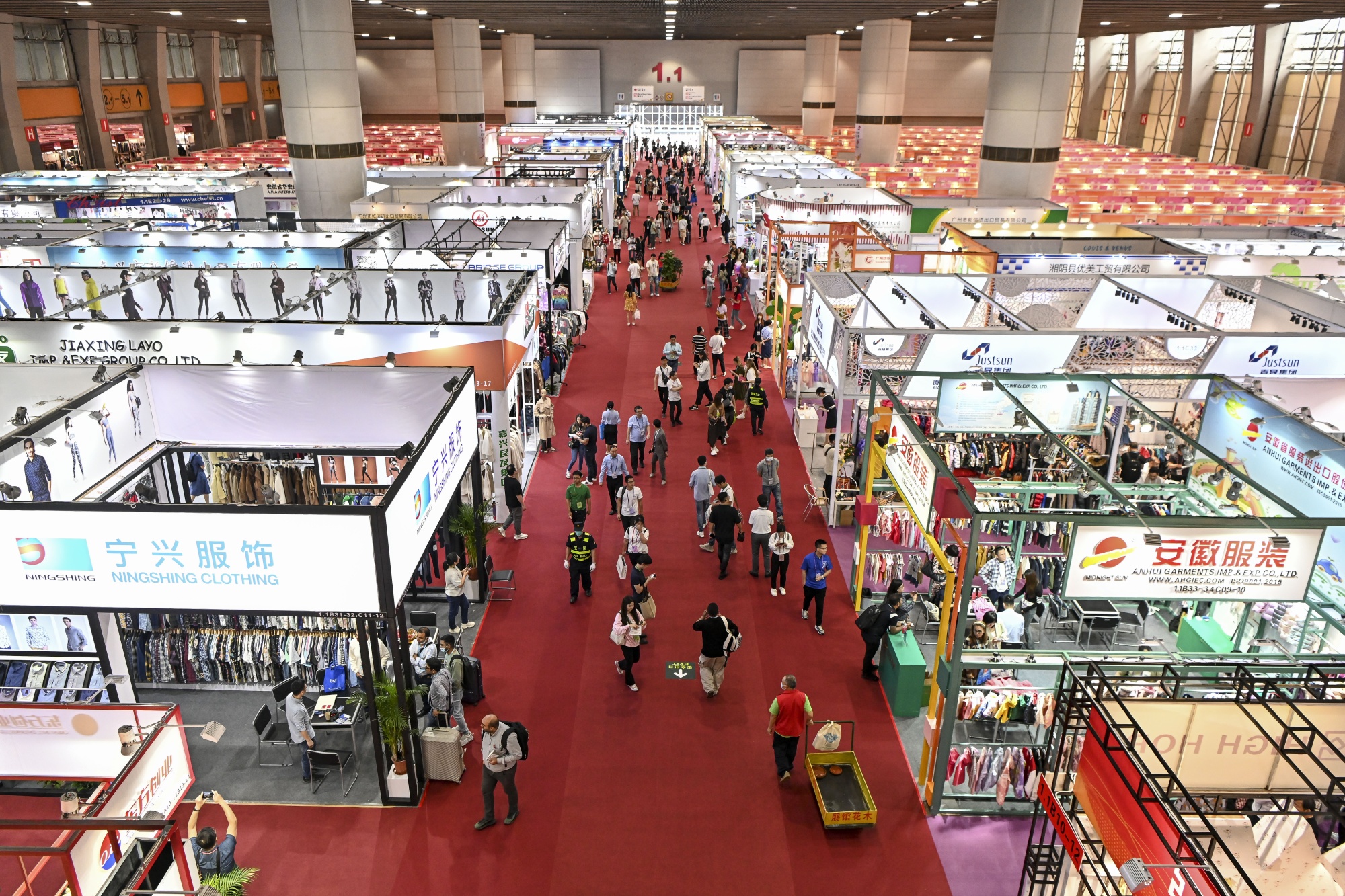
Vetting Manufacturer Credibility
Ensuring the credibility of a manufacturer is fundamental to a successful partnership. Evaluating manufacturer credibility involves several key aspects.
Checking Manufacturer Certifications and Compliance
Certifications such as ISO standards indicate a commitment to quality. It's important to verify that manufacturers adhere to industry regulations and possess the necessary certifications for your market.
Certifications provide tangible evidence of a manufacturer's dedication to maintaining high standards. For example, ISO certifications demonstrate compliance with specific quality management systems. Confirming that a manufacturer holds these certifications instills confidence in their ability to meet your product's rigorous requirements.
Assessing Industry Reputation and Reviews
The reputation of a manufacturer is shaped by customer testimonials, reviews, and market perception. Investigate these elements to gauge the manufacturer's reputation.
Online reviews and testimonials offer insights into the experiences of other businesses that have worked with the manufacturer. Positive reviews inspire confidence, while negative feedback may raise concerns. Additionally, tapping into industry networks can provide a broader perspective on the manufacturer's reputation and relationships with other companies.
Verifying Financial Stability and Experience
A financially stable manufacturer demonstrates longevity and resilience. Examine their financial history to assess stability and their ability to navigate economic fluctuations.
Financial stability is essential because it suggests the manufacturer's capacity to maintain consistent production and weather economic challenges. Requesting financial statements or collaborating with business credit agencies can provide a clear understanding of the manufacturer's financial health. Moreover, the manufacturer's experience in the industry indicates their familiarity with production intricacies, potential challenges, and effective problem-solving abilities.

Communication and Transparency
A robust channel of communication is crucial for a successful manufacturer-client partnership.
Effective Communication Channels
Efficient communication relies on using suitable channels such as emails, video conferences, and project management tools. These tools help teams stay connected and provide real-time updates.
Choosing communication channels that match both parties' preferences and needs fosters productive collaboration. Video conferences can offer face-to-face interactions even over long distances, while project management tools ensure that everyone involved can access and track project timelines, milestones, and updates.
Importance of Clear and Timely Communication
Clarity and timeliness prevent misunderstandings. Consistent updates and transparent discussions help mitigate potential challenges.
Clear communication helps avoid misinterpretations and unnecessary delays. Timely updates on project progress, changes in requirements, or unforeseen obstacles keep all stakeholders informed and enable proactive issue resolution. Regular check-ins also strengthen the relationship and build trust between you and the manufacturer.
Language and Cultural Considerations
In a global business landscape, language and cultural differences require attention. Bridging these gaps requires patience and cross-cultural competence.
When working with manufacturers from different cultural backgrounds, understanding and respecting their customs, communication styles, and working norms are essential. This minimizes misunderstandings and promotes a harmonious collaboration. Language barriers can be overcome with translation tools and by providing key documents in both parties' languages.
Transparency in Pricing and Processes
Transparency builds trust. Seek manufacturers who disclose pricing structures and production processes upfront to avoid last-minute surprises.
Hidden costs can harm profitability and strain relationships. Manufacturers who provide transparent pricing structures and outline cost breakdowns offer a clearer understanding of the financial aspects of the project. Similarly, manufacturers who share detailed production processes help you understand how your product will be created, assembled, and delivered, reducing uncertainties and preventing potential disagreements.
Avoiding Hidden Costs and Ambiguities
Hidden costs can impact profitability. Scrutinize quotations for hidden charges and seek clarity on unclear terms before finalizing the agreement.
Understanding the Manufacturing Workflow
Understanding the manufacturing workflow clarifies the journey your product undergoes.
Understanding how your product progresses from a concept to a reality within the manufacturer's facilities is essential. This includes processes such as design, prototyping, material sourcing, production, quality control, and shipping. A clear grasp of the workflow helps you anticipate potential bottlenecks, timelines, and the roles of various teams, allowing you to make informed decisions and track progress effectively.
In summary, thoroughly assessing a manufacturer's credibility is crucial for a successful manufacturing partnership. Checking certifications, evaluating reputation, verifying financial stability, fostering transparent communication, and ensuring a shared understanding of processes all contribute to building a strong foundation for a productive and mutually beneficial collaboration.

Quality Assurance and Testing Explained
Ensuring a product meets high-quality standards requires a step-by-step approach. Let's simplify these concepts, assuming you're new to the subject.
Inquiring About Quality Control Measures
When a manufacturer talks about quality control, they mean the steps they take to ensure their products are made correctly and without defects. Think of it like baking cookies: you want each cookie to look and taste just right. Manufacturers have special procedures and tests to check their products at different stages, catching any problems early to ensure the final product is perfect.
Requesting Samples and Prototypes
Samples and prototypes are like test versions of a product. It's similar to trying a small piece of cake before baking a whole one. Manufacturers create sample products to see if they're turning out the way they want. By examining these samples, you can determine if the product meets your standards or if there are issues to address.
Third-Party Testing and Validation
Sometimes, it's helpful to have a second opinion. In manufacturing, third-party testing is like having an impartial party check the work. These independent testers don't work for the manufacturer, so they can provide honest feedback about the product's quality. This adds trust and reliability to the process.
Supply Chain and Logistics Explained
Now, let's discuss how products are made and moved around.
Assessing Manufacturing Location
Imagine you're crafting something from clay. If you're near the place where you get your clay, it's more convenient, right? Manufacturers think similarly. Being close to their materials streamlines the process. Additionally, if the manufacturing location is near the intended market, transportation is more efficient.
Implications for Shipping and Customs
Sending a gift to someone in another country involves following border rules, doesn't it? Similarly, products made in one country and sent to another go through these regulations. Manufacturing location affects shipping costs and the ease of passing through customs (border checks).
Understanding Lead Times and Production Timelines
Imagine you want to bake a cake for a party. You need to start early to ensure it's ready on time, correct? Manufacturers approach making products similarly. Lead time is like preparation time. Efficient production means they can meet customer demands without rushing, ensuring both speed and quality.

Intellectual Property Protection
Imagine you invented a cool new gadget. You wouldn't want someone else to steal your idea, right? Manufacturers also have ideas they want to safeguard. Intellectual property includes things like patents and trademarks that protect their unique creations.
Ensuring the safety and protection of your unique ideas is crucial. Let's explore this topic step by step, assuming you're new to the subject.
NDA and Confidentiality Agreements
Think of it like having a secret recipe for a special dish. You wouldn't want anyone to disclose it, right? Non-disclosure agreements (NDAs) are promises manufacturers make to safeguard your ideas and secrets. When choosing a manufacturer to work with, selecting one willing to sign an NDA is wise. This demonstrates their commitment to preserving your ideas and not sharing them with others.
Protecting Your Designs and Intellectual Property
Imagine your ideas as valuable treasures. Just as you'd want to keep your treasures secure, manufacturers should respect and protect your ideas. When a manufacturer upholds your intellectual property (IP) rights, it means they won't copy your designs or inventions. Opting for a manufacturer who values and safeguards your ideas signals professionalism and trustworthiness.
Cost Analysis and Payment Terms Explained
Let's delve into the financial aspect of working with a manufacturer.
Obtaining Detailed Quotations
When you go shopping, you check the price tag to understand the cost, right? Manufacturers provide something similar called a quotation. This document outlines the expenses associated with producing your product. A detailed quotation breaks down all the costs, giving you a clear view of where your money is allocated.
Negotiating Favorable Payment Terms
Managing finances is essential, and everyone has their preferred approach. When collaborating with a manufacturer, it's essential to ensure that your payment arrangement aligns with your financial situation. Negotiating payment terms involves devising a plan that is fair for both you and the manufacturer. It's like finding a payment rhythm that suits your budget without causing undue stress.
Balancing Cost vs. Quality
You've likely heard the saying, "You get what you pay for." This holds in manufacturing as well. While controlling costs is vital, you also want a high-quality product. Striking the right balance between cost and quality ensures you don't compromise the excellence of your product solely to save money.

Visiting the Manufacturing Facility
Seeing things with your own eyes can be very helpful.
The Benefits of On-Site Visits
Imagine you're picking a place to stay for a vacation. You'd want to see it in person, right? Visiting a manufacturer's facility is similar. It's a chance to see how things work, meet the people making your product, and better understand their process.
Observations During the Facility Tour
When you're on a tour, it's like exploring a new place. During the tour, pay attention to the little things. Is the place clean and organized? Do the people working there seem happy and skilled? These details can tell you a lot about how the manufacturer operates and treats its employees.
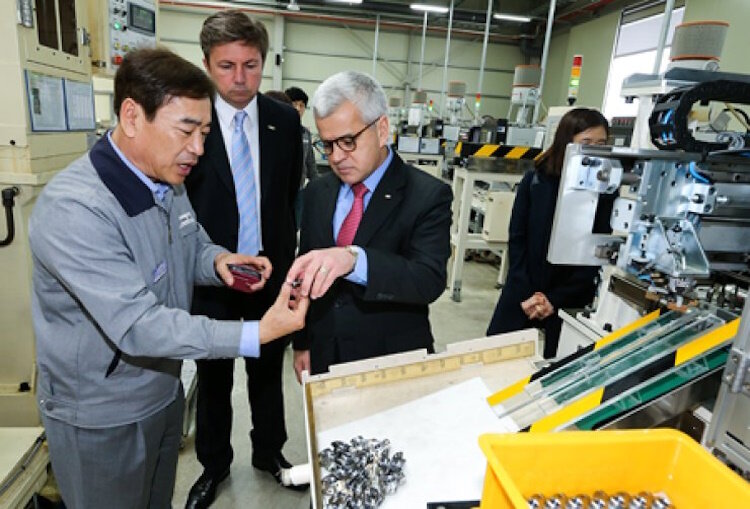
Building a Long-Term Relationship
Now, let's talk about building a strong partnership with the manufacturer.
Importance of a Strong Manufacturer-Client Relationship
Think of a strong partnership like a great friendship. When you and the manufacturer work well together, it's like a team effort. A manufacturer that cares about your success becomes a partner in helping your ideas come to life.
Nurturing Collaboration and Future Partnerships
Just like friends who keep in touch, it's good to have ongoing discussions with the manufacturer. This helps your product keep getting better. Talking about ways to improve and adapt your product shows that you're invested in the future and in making the partnership successful.
In conclusion, protecting your ideas, working out financial details, visiting the manufacturer, and building a strong partnership are all essential parts of creating a successful product. By understanding these steps, you're well-prepared to navigate the journey of manufacturing with confidence and clarity.
Conclusion
Selecting a reliable manufacturer is a detailed process that requires careful consideration. This journey involves various aspects, from understanding your product to fostering a strong partnership. Equipped with insights from this article, you're prepared to navigate the complex path of selecting a manufacturer with confidence. Remember, the manufacturer you choose is more than a business partner – they're a collaborator in your success story, and together, you can create chapters of excellence in the world of commerce.
